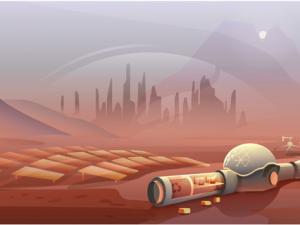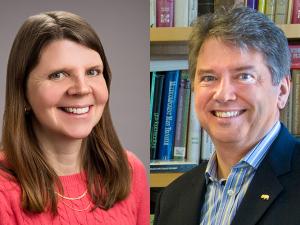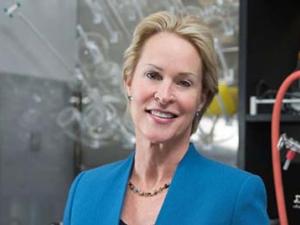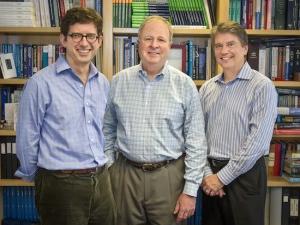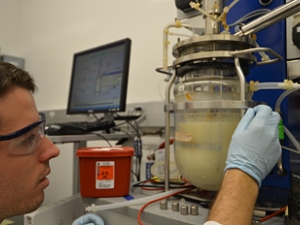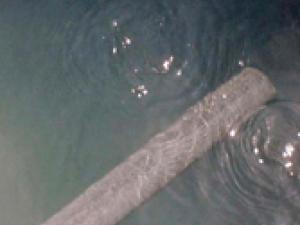

Research Bio
Douglas S. Clark is Chancellor's Professor and Dean Emeritus in the Department of Chemical and Biomolecular Engineering at the University of California, Berkeley. He is also the Co-Director of the Synthetic Biology Institute, Faculty Scientist at Lawrence Berkeley Laboratory, and holds the endowed G.N. Lewis Chair. Prior to his appointment as dean, Clark served as Department Chair of Chemical and Biomolecular Engineering and Executive Associate Dean in the College of Chemistry. Clark has been a faculty member at Berkeley since 1986. He received his Ph.D. in Chemical Engineering from the California Institute of Technology in 1983 and a B.S. in Chemistry, Summa Cum Laude, from the University of Vermont in 1979.
Professor Clark is a leader in biochemical engineering, with particular emphasis on enzyme technology, biomaterials, and bioenergy. Underlying these general topics is a longstanding interest in extremophiles and extremophilic enzymes. His work in biocatalyst engineering has created new opportunities for the application of enzymes in the pharmaceutical, chemical, and agrochemical industries. Clark translated the use of combinatorial biocatalysis into commercial practice by co-founding the drug discovery company EnzyMed, Inc. His development of protein and cellular arrays has enabled high-throughput biosynthesis and activity/toxicity screening of potential drugs; this technology is also the basis of a startup company. Clark has published over 258 papers in peer-reviewed journals, has 28 patents and patent applications, and is the co-author of a textbook on biochemical engineering.
Among his numerous honors and awards, Clark is a Fellow of the American Association for the Advancement of Science and the American Institute of Medical and Biomedical Engineers; he is the recipient of the James E. Bailey Award from the Society of Biological Engineering; the Marvin J. Johnson Award in Microbial and Biochemical Technology from the American Chemical Society; the Food, Pharmaceutical, and Bioengineering Award of the American Institute of Chemical Engineers; the Amgen Award in Biochemical Engineering; the International Enzyme Engineering Award; and the NorCal Chemical Engineering Award—Industrial Research. He has also received the Departmental Chemical Engineering Teaching Award and the Presidential Young Investigator Award (National Science Foundation). Clark serves as Editor in Chief of Biotechnology and Bioengineering, and is on the editorial boards of Enzyme and Microbial Technology and Extremophiles.
Research Expertise and Interest
chemical engineering, biochemical engineering, cell culture, biocatalyst engineering, microsystems, extremozymes, genomics of extremophiles, metabolic flux analysis, enzyme technology, bioactive materials
In the News
Solar Beats Nuclear at Many Potential Settlement Sites on Mars
Claire Tomlin and Douglas Clark elected to National Academy of Engineering
Chemistry Nobel goes to UC Berkeley Ph.D. Frances Arnold
Sweet Success: Berkeley Lab Researchers Find Way to Catalyze More Sugars from Biomass
Researchers with the Lawrence Berkeley National Laboratory (Berkeley Lab) through support from the Energy Biosciences Institute (EBI) have literally shed new light on cellulase catalysis.
Sweet diesel! Discovery resurrects process to convert sugar directly to diesel
A long-abandoned fermentation process once used to turn starch into explosives can be used to produce renewable diesel fuel to replace the fossil fuels now used in transportation, UC Berkeley scientists have discovered.
Hot springs microbe yields record-breaking, heat-tolerant enzyme
Scientists looking for unusual cellulose-digesting enzymes, called cellulases, have found one that works at a higher temperature, 109 degrees Celsius, than any others found to date. The cellulase comes from an Archaea found in a Nevada hot spring.

